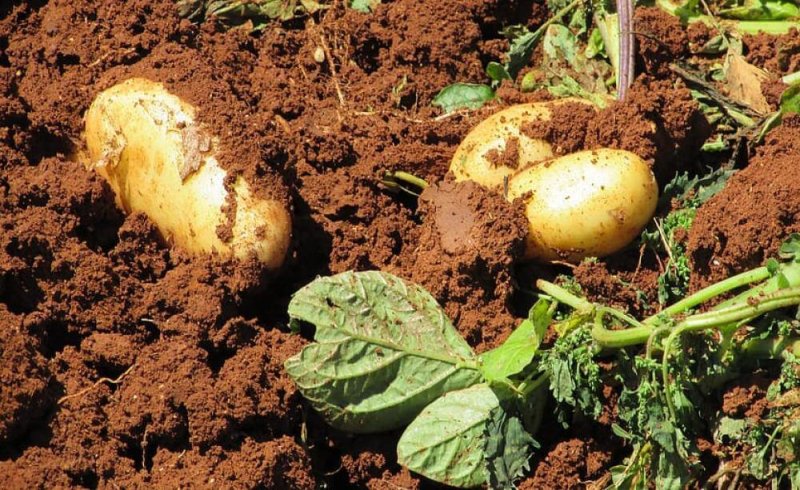A PhD candidate at Michigan State University (MSU), Natalie [Kaiser] specializes in potatoes – in particular, looking at which genes make certain potatoes naturally resistant to a troublesome potato pest known as the Colorado potato beetle. This is an all-too familiar pest for home gardeners and commercial potato growers alike. By identifying the genes that cause certain potatoes to be resistant to this pest, plant breeders can then select the potato plants that have those genes, and provide growers with a potato that can thrive pest-free with the use of less—or even no—insecticides… Innovature talked to Natalie to learn more.
What does the future look like for plant breeding?
Right now is a very exciting time to be in plant breeding. And there’s two main tools that I’m excited about. One of them, is whole genome sequencing…Instead of just looking at tiny little regions that are linked to traits of interest, we can look at the whole genome and start to understand how genes interact with each other.
The second technology that I’m excited about is genome editing. And this, coupled with whole genome sequencing gives us the ability to do really precise genetic engineering. This allows to make very detailed changes while reducing unintended consequences – allowing us to deliver a product that feeds more people more efficiently.































